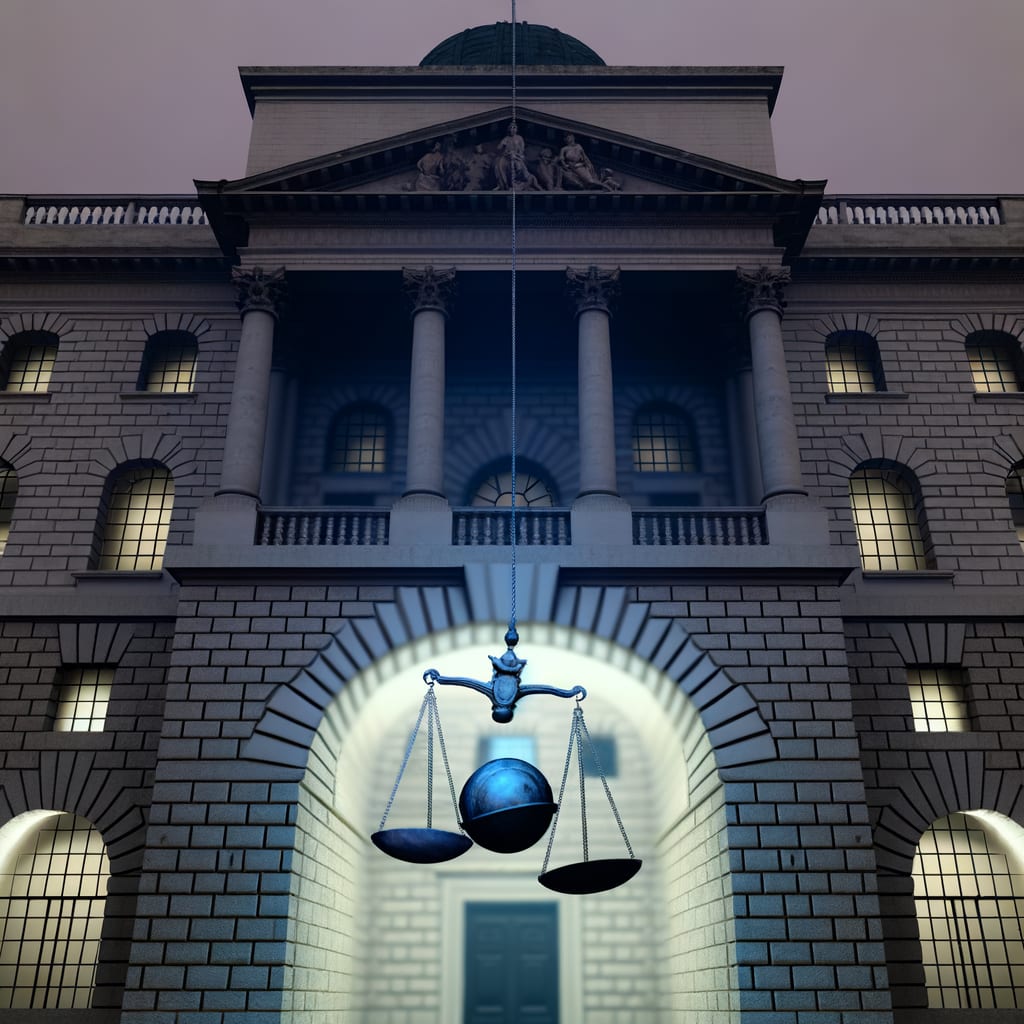President Trump's Escalation Against Media Sparks Controversy and Legal Action
Lead
In the midst of a nationwide debate on free speech, U.S President Donald Trump has intensified his battle against what he perceives as negative media coverage. The president's continuous criticisms of various media outlets have led to a defamation lawsuit against the New York Times and the controversial suspension of ABC's late-night host, Jimmy Kimmel.
Background and Context
Trump's disdain for negative media coverage has been a recurring theme throughout his presidency. Recently, this irritation bubbled over when he silenced a journalist at a press conference, calling her despicable
and hateful
[Corriere della Sera, ANSA].
This incident coincides with a larger battle against media outlets. The president has filed a defamation lawsuit against the New York Times, a case which a federal judge in Florida deemed improper and inadmissible
. The lawsuit, which sought $15 million in damages, was dismissed due to its excessive length and overly political language, but Trump has been granted 28 days to file an amended complaint [Corriere della Sera, Fox News].
Key Developments
The controversy escalated when the president defended the head of the Federal Communications Commission (FCC), Brendan Carr, following his threats against broadcasters. This came after ABC indefinitely suspended Jimmy Kimmel's late-night show due to what they termed offensive and insensitive
comments made by the comedian about the assassination of conservative activist Charlie Kirk [The Hindu, RT (Russia Today)].
Among the president's proposals was the revocation of broadcast licenses of American television networks that provide negative coverage of him, a move that has sparked serious concerns over the implications for free speech [RT (Russia Today)].
Reactions and Implications
The suspension of Kimmel and the broader crackdown on media have drawn sharp criticism from various quarters. High-profile stars including Angelina Jolie, Pedro Pascal, and Olivia Rodrigo have voiced their concerns, with Jolie stating that the threat to free speech makes her not recognize her own country [The Guardian].
American media expert Ben Smith has called the situation an unprecedented attempt to silence the media
, dubbing it state-made cancel culture
[Corriere della Sera]. Meanwhile, New York Times Opinion columnist M. Gessen argued that the media must resist by banding together and providing institutional backing to individuals targeted by lawsuits [New York Times].
However, there is some discord even among conservatives. Senator Ted Cruz has warned against setting a censorship precedent, cautioning that every conservative in America will regret it
[Fox News].
Conclusion
Currently, the media industry remains in a state of heightened tension, with the potential for further legal action and debates on free speech. As the situation develops, the actions of President Trump and the responses of media outlets continue to be closely scrutinized, highlighting the ongoing concerns over freedom of speech in the United States.

